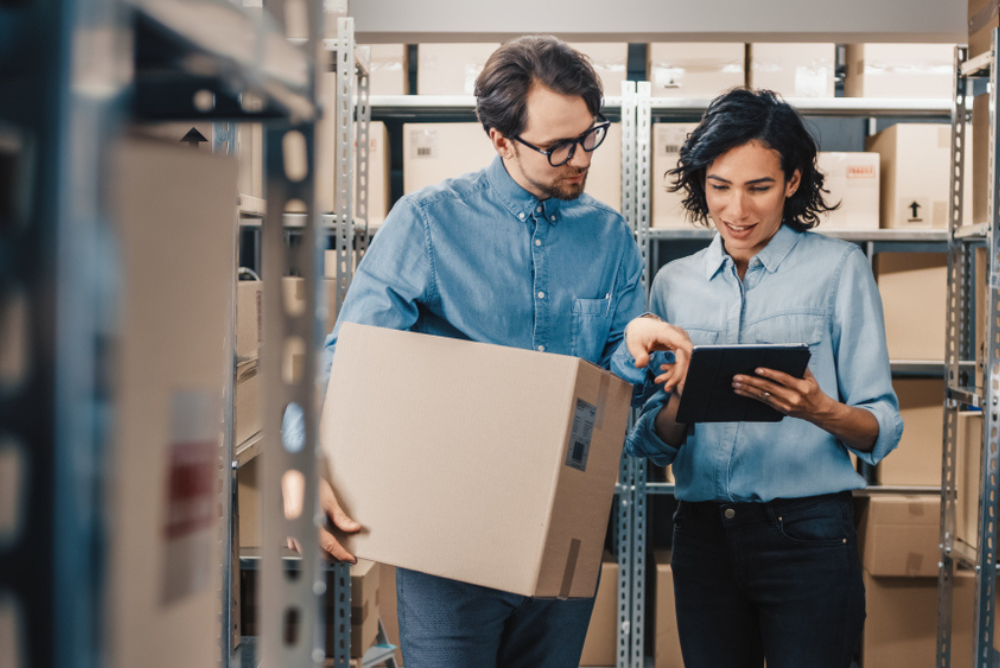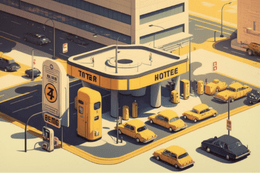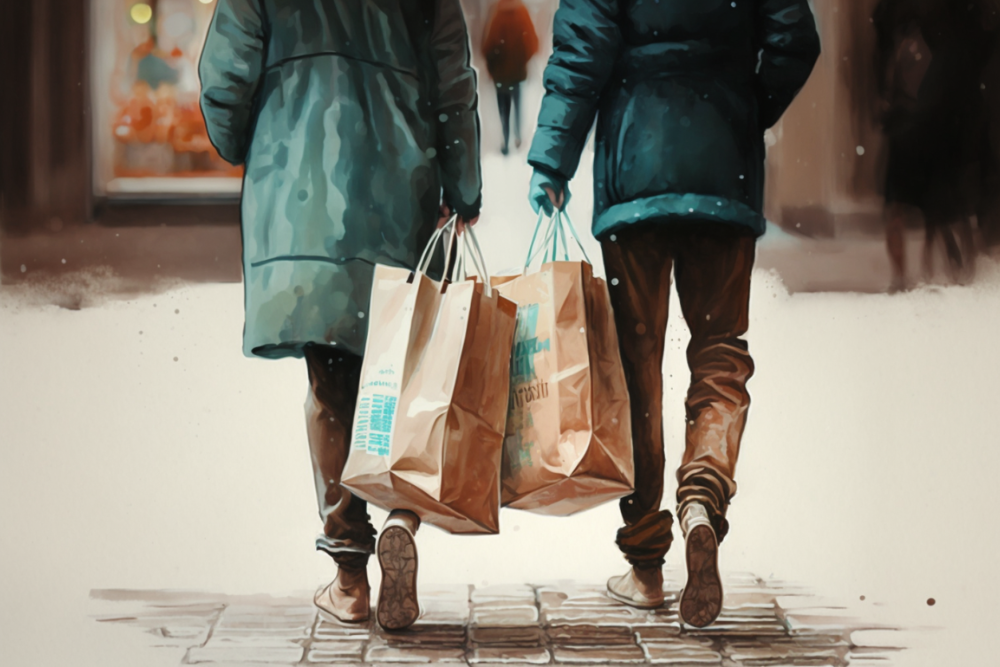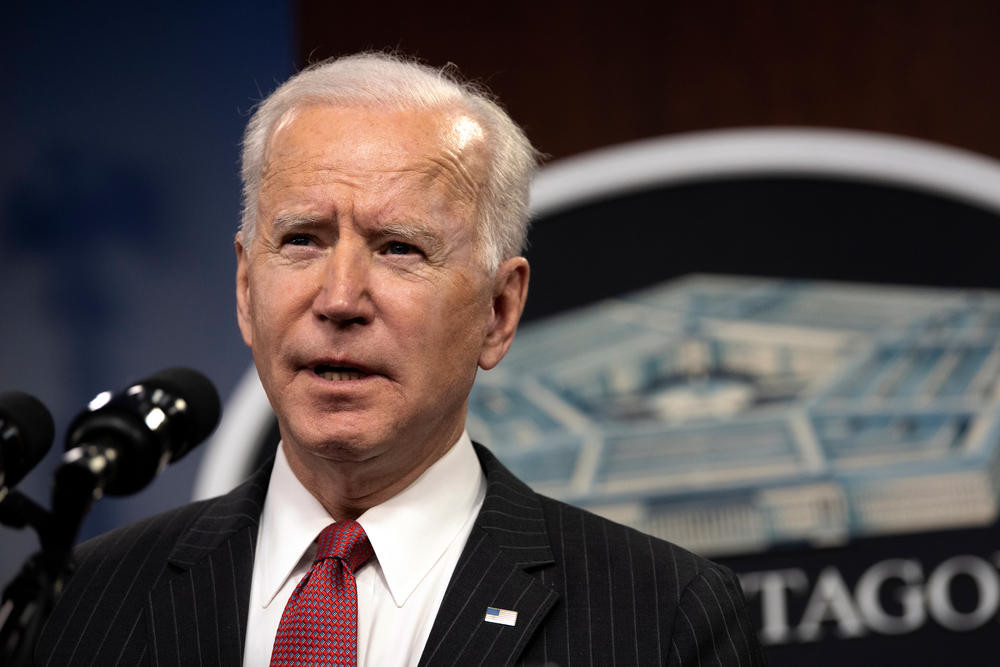For retailers looking to align better with their target consumer base, they want to focus on transparency, sustainability, and customer service as we enter into 2023.

In recent years there’s been a big push into ESG or Environmental, Social, and Governance initiatives that many companies are finding out are key preferences for their consumer markets. Part of this is a preference for understanding exactly where their products are coming from. Are they ethical, and is the supply chain or retail logistics fully transparent? Is the company exhibiting practices towards sustainability?
The bar continues to be raised by consumers and how they approach retailers. From the above questions needing to be answered to digitization and personalization, those willing to survive will need to incorporate this into their daily mindset. So retail leaders can either wait until the last minute until they need to change and possibly lose customers or make those changes now.
Consumers are increasingly exhibiting preferences for ethical products, transparency, sustainable practices, personalization, convenience, and digitization — and it’s driving big changes across the retail industry as brands take note and adapt. Here’s how they can adapt their retail logistics:
Complete Transparency
While it may seem like a no-brainer, transparency is coming in high demand by consumers. They want to know where everything that makes the product comes from and how that can affect the cost and environmental impact. An American retailer called Everlane has given this a name known as ‘radical transparency.’ It’s no longer enough to state where the goods are made or the cotton sourced, but people want to see every leg of the journey and what the company does to maintain these supply chains and retail logistics.
It doesn’t end once a purchase is made, either. Post-purchase, they still want to see the overall outcome of where the package originated from in the world and the journey it takes. The best way for existing retailers is to not actually build out their own logistics but to work with established companies known as third-party logistics or 3PLs. These tend to be tech-centric logistical companies and can help any retail operation provide insight and transparency into their logistical operations for the end consumer[1].
Shipping being sustainable
This factors into ESG again, and consumers want their brands and companies to be responsible for their carbon footprint. In fact, so much so that 90% of the latest generation to shop (Gen Z)[2] would actually spend up to 10% more if the product was sustainable.
Retails don’t fully agree with that; currently, two-thirds don’t believe consumers will pay more just because a product is sustainable. Yet that means it’s a miscommunication, and retailers need to embrace sustainability with action.
Consumers are able to see the long-term effects of rapid retail through eCommerce, and 68% feel empowered[3] enough to increase their efforts to align with brands focused on reducing environmental impact, while 61% already look for energy efficiency labels where possible. Things like consistently more delivery vehicles[4], the production of carbon[5], and too much packaging are all being noticed.
With these retail logistics already 25% of the emission issue globally[6], there is plenty of room for alignment and improvement. For example, using green energy sources, reusable bags, and working with recycled materials as standard procedures.
A good idea to achieve this is to partner with a 3PL company[7]that already has sustainability practices in place, who would place warehousing in better locations to be able to offer consumers these near-instant deliveries but remain carbon neutral, as is the case with Frank and Oak and their 3PL partner[8].
It all starts with finding solutions along the retail logistics chain and partnering with the right 3PL, especially in the smaller areas, such as last-mile deliveries.
Customer Service that actually provides support
These days consumers are more vocal than ever about their experience with any retail operation. With so many avenues to vent their frustrations, whether through social media or through review sites, it’s important to provide excellent service every time.
Around one-third of global consumers[9] would lose their brand loyalty with just one bad shopping experience. Of course, that can relate to many items, but for example, in the U.S. alone, around 80% of consumers[10] focus on knowledgeable help and service that’s friendly, speed, and convenience as what they look for.
Another solution is a partnership with a 3PL that’s an expert in retail logistics. Then a lot of the issues fall onto the experts, who handle not just delivery, but returns, warehousing, order fulfillment, and inventory management. Each of those can be a pain point, but with a dedicated partner, you have experts working on your behalf. In the end, it looks like a perfect customer service experience and makes your retail operation look like experts, from purchase to delivery.
Just remember, if you’re a retailer, you’re going to want to embrace these changes today and prepare for 2023 to put them into action. This is especially true with these three areas.








